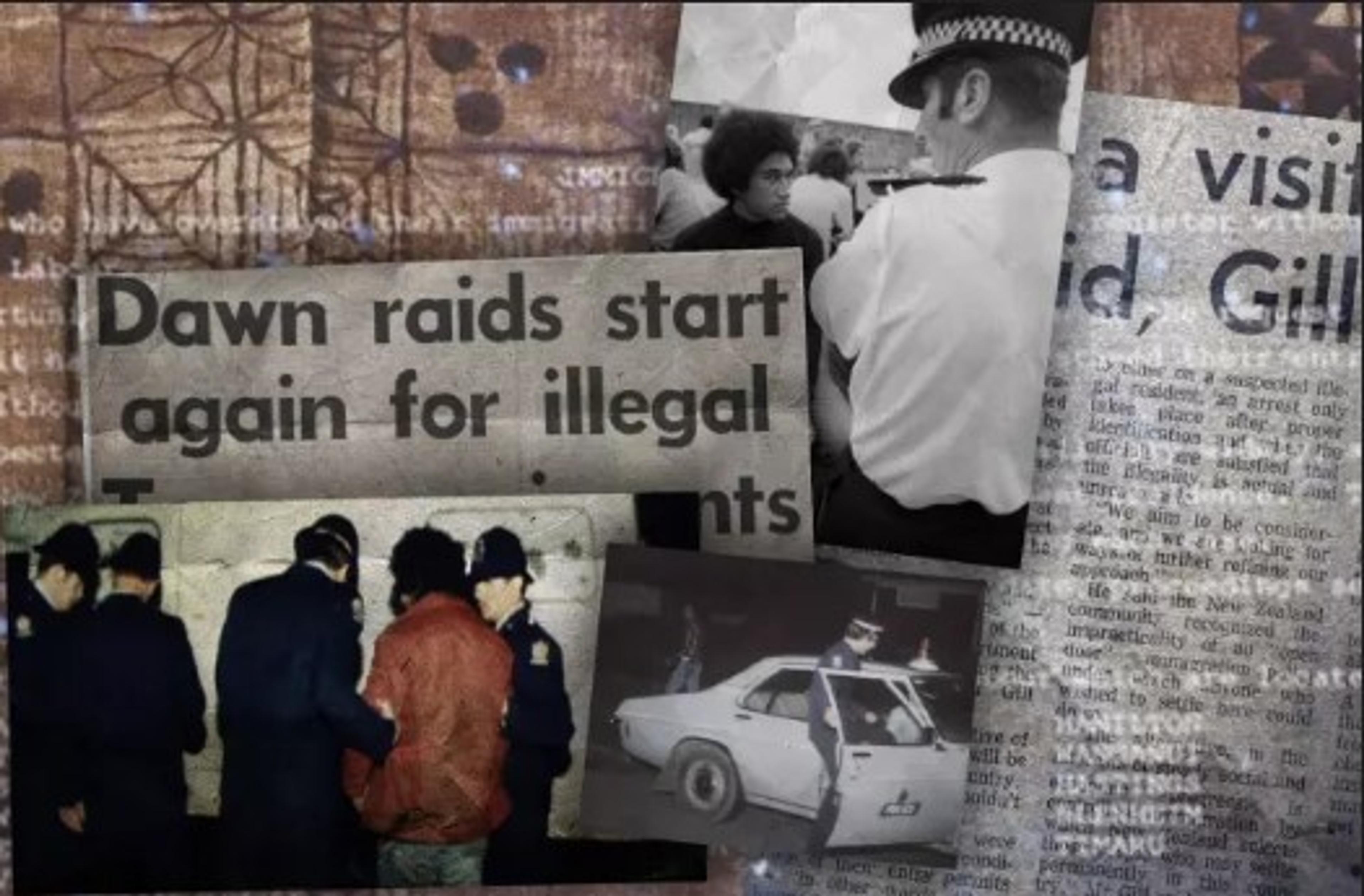

University lecturer and People Against Prisons Aotearoa spokesperson Emmy Rakete
Photo/Supplied
University lecturer slams three strikes law as 'backward system"
University lecturer, Emmy Rakete critiques three strikes law restoration, citing discrimination towards Māori and Pacific communities.


Driver licence tests available in Vosa Vakaviti for NZ Fijians

Call for awareness on stalking and control in Pacific communities

54 years on, Polynesian Panthers still roar

My Perspective: Pacific watches as PM visits China’s leadership

Driver licence tests available in Vosa Vakaviti for NZ Fijians

Call for awareness on stalking and control in Pacific communities

54 years on, Polynesian Panthers still roar
A university lecturer is criticising the proposed restoration of the three strikes law saying it’s a “backward system”.
Emmy Rakete, a social sciences lecturer at the University of Auckland says bringing back three strikes won’t stop violent crime from occurring.
“Three strikes only increases the length of sentences. So if you have a justice system which discriminates against Māori, Pacific and mentally ill people," says Rakete.
“All that this law can do is deepen that discrimination. This is exactly what happened last time we had this bill.”
Rateke’s comments follow the government’s recent announcement that it will bring back the three strikes law.
This will mean serious violent and sexual offenders on their third strike will be imposed with the maximum possible sentence.
The minister in charge, Nicole McKee intends to bring a draft bill and paper to Cabinet with some changes.
Some of these changes include the addition of the new strangulation and suffocation offence to the existing 40 serious violent and sexual offences.
Rakete, who is also the spokesperson for People Against Prisons Aotearoa says she doesn’t expect the proposed changes will make it different from the original version.
“Pacific communities have borne the brunt of this kind of lazy thinking about criminality.
“We’ve had the cops set on us and we’ve been called criminals for generations in this country but none of the fundamental problems that face our people have gone away.”
Labour’s deputy leader Carmel Sepuloni says bringing back three strikes will disproportionately affect incarceration rates for Māori and Pacific people.
The law was repealed by the Labour government in 2022 because there was little evidence that it was reducing serious offending.
“Repeated offending is already an aggravating factor. Judges can already impose sentences of this length where appropriate," says Sepuloni.
“Judges should be left to make decisions that take into account all of the circumstances of the offending, offender and the impact on the victim.”
Minister for Courts and Associate Minister for Justice, Nicole McKee plans to bring a draft bill and paper to Cabinet by the end of June and to the House soon after that.
Listen to the full interview with Emmy Rakete below.